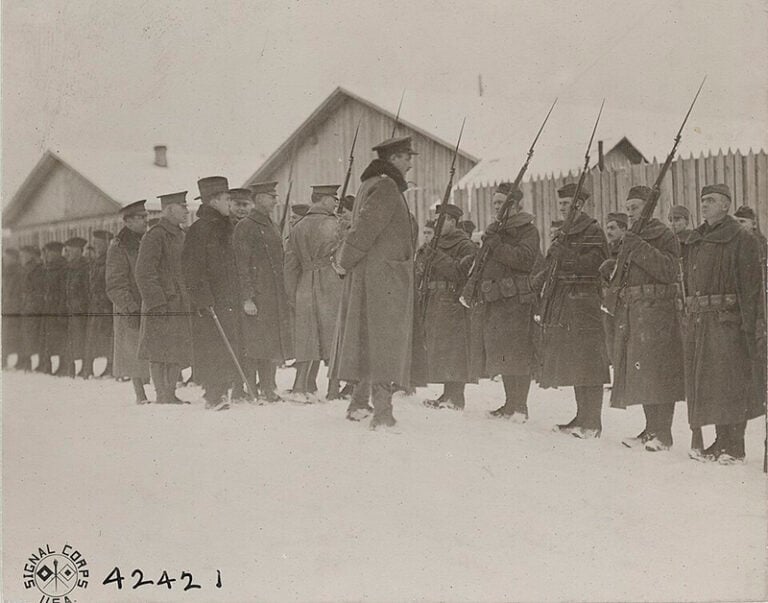By Melissa Patrick
Kentucky Health News
An outbreak of whooping cough has been declared in Fayette County after nine cases have been confirmed by the local health department since late April.
Whooping cough, known medically as pertussis, is a highly contagious respiratory illness spread by coughing and sneezing. It affects people of all ages but can be most serious in infants, young children and those with chronic diseases.
The disease is largely preventable by vaccination, but vaccination rates for pertussis and other diseases prevalent in childhood have been declining.
“All Central Kentucky caregivers should be on the lookout for signs and symptoms of pertussis, or whooping cough, while ensuring their kids are up to date on their vaccines or fully vaccinated with the booster,” the Lexington-Fayette County Health Department said in a news release.

The latest Fayette County cases include one at Lafayette High School, one at St. Peter and Paul Catholic School and a community case involving a person in their 80s, according to the release.
Dr. Sean M. McTigue, medical director for pediatric infection prevention and control at Kentucky Children’s Hospital, said symptoms of pertussis in children, adolescents and adults first look like an upper respiratory infection, including nasal congestion, runny nose and possible fever, and then lead to a “very intense and prolonged cough.”
“The cough is characterized by prolonged coughing fits that typically end with a loud “whoop” when catching breath afterwards,” he said. “These coughing spells can be so intense that a patient may fracture ribs or rupture blood vessels in the eyes.”
The early symptoms of whooping cough can last for one to two weeks and the “coughing fits” usually last one to six weeks, but can last for up to 10 weeks, according to the Centers for Disease Control and Prevention. People are contagious from the start of symptoms and for at least two weeks after the coughing begins, says the CDC.
“Any school-age children with symptoms of pertussis should stay home from school and visit their health-care provider for evaluation, even if they have previously been vaccinated,” said the release.
Some adults need vaccine boosters
While most of the Fayette County cases have been seen in adolescents, McTigue said, “Pertussis is more dangerous to young infants.”
“In young infants, pertussis more often presents with apnea,” a sleeep disorder, he said. “This means that the infant stops breathing for a period of time. This can be long enough to cause severe damage or death if not noticed promptly. For this reason it is extremely important that all infants be vaccinated against pertussis.”
Between 2010 and 2020, the CDC reports, up to 20 babies died from pertussis each year in the United States.
It’s recommended that pregnant women should get a single dose of the pertussis vaccine during every pregnancy, preferably at 27 through 36 weeks.
“Being vaccinated during pregnancy will allow the mother to pass antibodies along to the infant prior to delivery as another key part of prevention for the most vulnerable,” said McTigue.
He added that it is also important for anyone in contact with infants to get a booster of the combined tetanus-diptheria-pertussis vaccine, known as Tdap.
“Because vaccination does not start until 2 months of life and is not completed until later, the best prevention also includes all contacts being vaccinated as well,” he said. “This includes booster vaccines given every 10 years as Tdap, which has replaced the tetanus booster.”
The best way to prevent whooping cough is through vaccination. The childhood vaccine is called DTaP. Infants should receive a series of DTaP immunizations at 2, 4, and 6 months, with boosters at 15-18 months and 4-6 years. Children should then get a single dose of Tdap vaccine at 11 or 12. Boosters are required every 10 years to maintain efficacy.
“Achieving immunization rates greater than 95% is desirable to prevent the active transmission of vaccine-preventable diseases,” Brice Mitchell, spokesman for the Cabinet for Health and Family Services, said in an email.
Kentucky’s vaccination rates have fallen below that level.

Data from the School Immunizations Survey dashboard, which also includes data for each school, show that during the 2023-24 school year, 91% of the state’s kindergarteners had received at least four doses of the DTaP vaccine; 85.6% of seventh graders had received at least one dose of Tdap; and 93.3% of 11th graders had received at least one dose of Tdap.
All these rates have fallen since the COVID-19 pandemic; Kentucky seventh graders have had rates below 90% since the 2020-21 school year.
The rates are even lower in the Kentucky Immunization Registry, which has vaccination data for residents of Kentucky counties aged 2, 6, 13, 17, and 65 or older. For 2022, the rates were:
• 2-year-olds with 4 or more doses of DTaP: 63.9%
• 6-year-olds with 4 or more doses of DTaP: 52.8%
• 13-year-olds with at least one dose of Tdap: 63.4%
• 17-year-olds with at least one dose of Tdap: 73.4%
• Adults 65+ with at least one dose of Tdap: 31.3%.
The latest available statewide vaccination rate among pregnant women was also low, Mitchell said: “During the 2021-2022 respiratory virus season, Tdap vaccination rates were 45.8% among pregnant women nationally, and 42.6% in the South region, where Kentucky is located.”
So far in 2024, 46 confirmed cases of pertussis have been reported in Kentucky. Of those 46 cases, 22 have been confirmed since April 1 in the following counties: Fayette (12), and 1 case each in Boone, Boyd, Clark, Clay, Floyd, Jefferson, Jessamine, Logan, Pulaski and Warren, according to data provided by the Kentucky Department for Public Health.

















